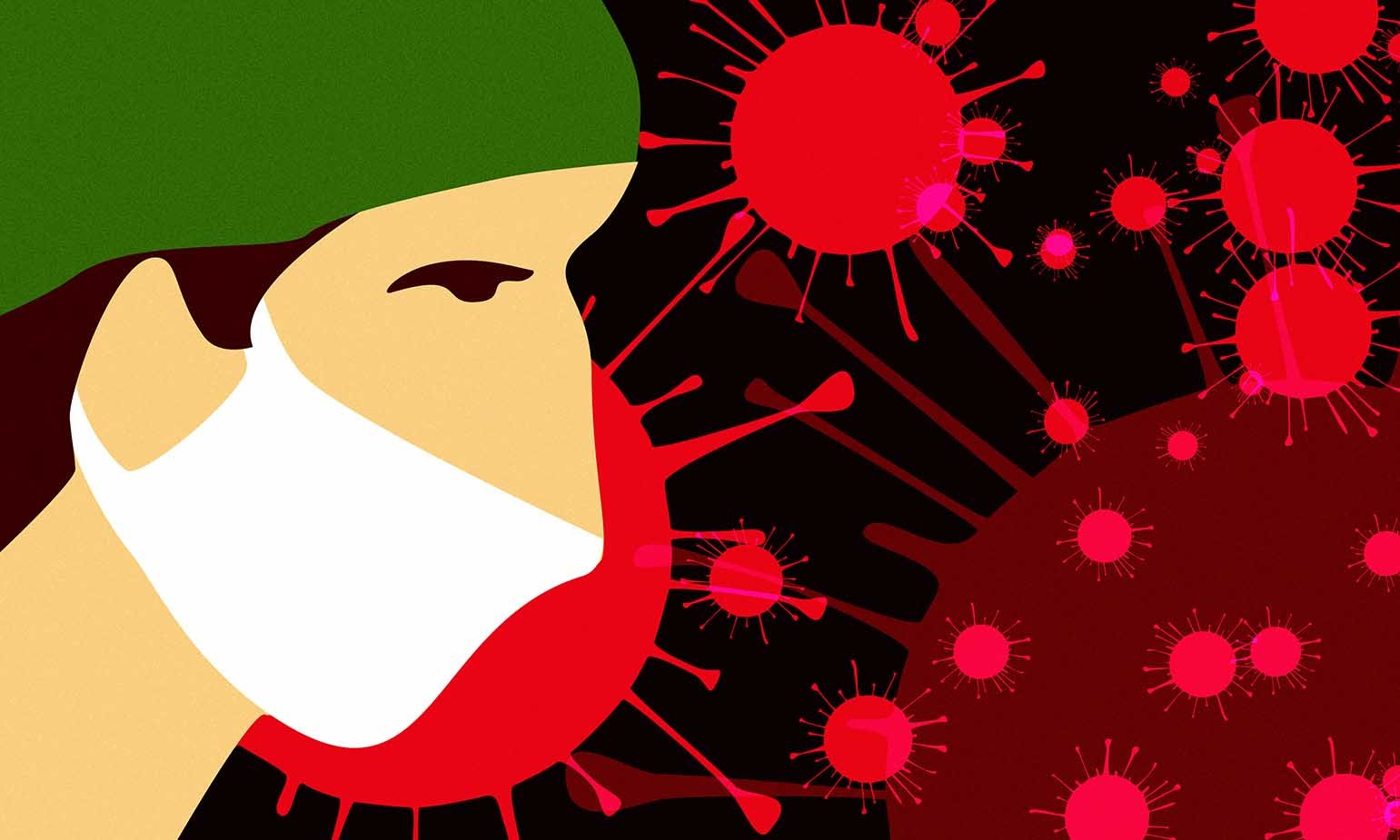Your mental health matters. It affects and is part of your overall well-being. Over the years, psychological issues have increased, affecting many individual lives ultimately. The good side is that people have raised more awareness, minimizing stigmatization, providing help, and promoting lives. Uptown Psych specializes in providing mental health services and the best treatments for various mental conditions, including post traumatic stress disorder in Chicago. If you are a victim of any mental problem, do not suffer in silence; speak up today and begin your healing journey. Call their offices today or book online to schedule your consultation.
Here is everything you need to know about post-traumatic stress disorder.
Table of Contents
Post-traumatic stress disorder (PTSD)
Post-traumatic stress disorder is a mental health condition that occurs after experiencing or witnessing a distressing event, such as car accidents, sexual assault, life-threatening medical condition diagnosis, among others. Usually, the affected individuals may have problems adapting to their daily lives. Most people go through symptoms such as nightmares, anxiety, and sleeping issues.
The symptoms may go away most of the time within a few weeks, and the patient feels better. PTSD occurs when the symptoms last for months and even years, affecting your daily routine.
Risk factors
Some aspects determine who is more likely to get post-traumatic stress disorder and how serious it can become.
· Having other mental health disorders, e.g., depression
· Past traumatic experiences
· Being in work environments that expose you to shocking situations
· Having experienced a severe trauma
· Genetics, mental health conditions bloodline
· Lack of a support system
Symptoms
PTSD symptoms may develop a month after the traumatic event or years after, disrupting your everyday life, including work, relationships, and social life. The symptoms affect your emotional and physical health, as well as psychological. They may include:
· Disturbing memories of the traumatic experience
· Nightmares about the event
· Flashbacks of the distressing event
· Avoiding anything that reminds you of the traumatic experience
· Being easily frightened
· Difficulty concentrating
· Negative thinking about yourself and life in general
· Loss of interest in your favorite activities
· Trouble sleeping
· Development of aggressive and self-destructive behaviors
· Loss of hope
The severity of the symptoms may vary between individuals. Factors such as other mental health issues or a reminder of the incident may intensify your symptoms. It is advisable to seek medical attention when your symptoms continue for more than a month or when they interfere with your daily life.
PTSD Treatment
Treatments for this condition involve therapy and prescribed medications depending on their severity. Usually, these treatments focus on alleviating or minimizing your symptoms, improving your life.
Prevention
Experiencing a traumatic event does not necessarily indicate you will develop PTSD. You may encounter the obvious after trauma symptoms, but you can prevent them from becoming PTSD through:
Seeking help and support from family and friends
Having medical help, therapy
Bottom line
Post-traumatic stress disorder develops after undergoing a traumatic event, usually a month or years later. Getting support from friends and family can help you recover from the condition. Uptown Psych offers therapy and medications to relieve your symptoms and better your day-to-day life.
Suppose you are having PTSD symptoms; consult them today to get help. Call or book online for your consultation.
